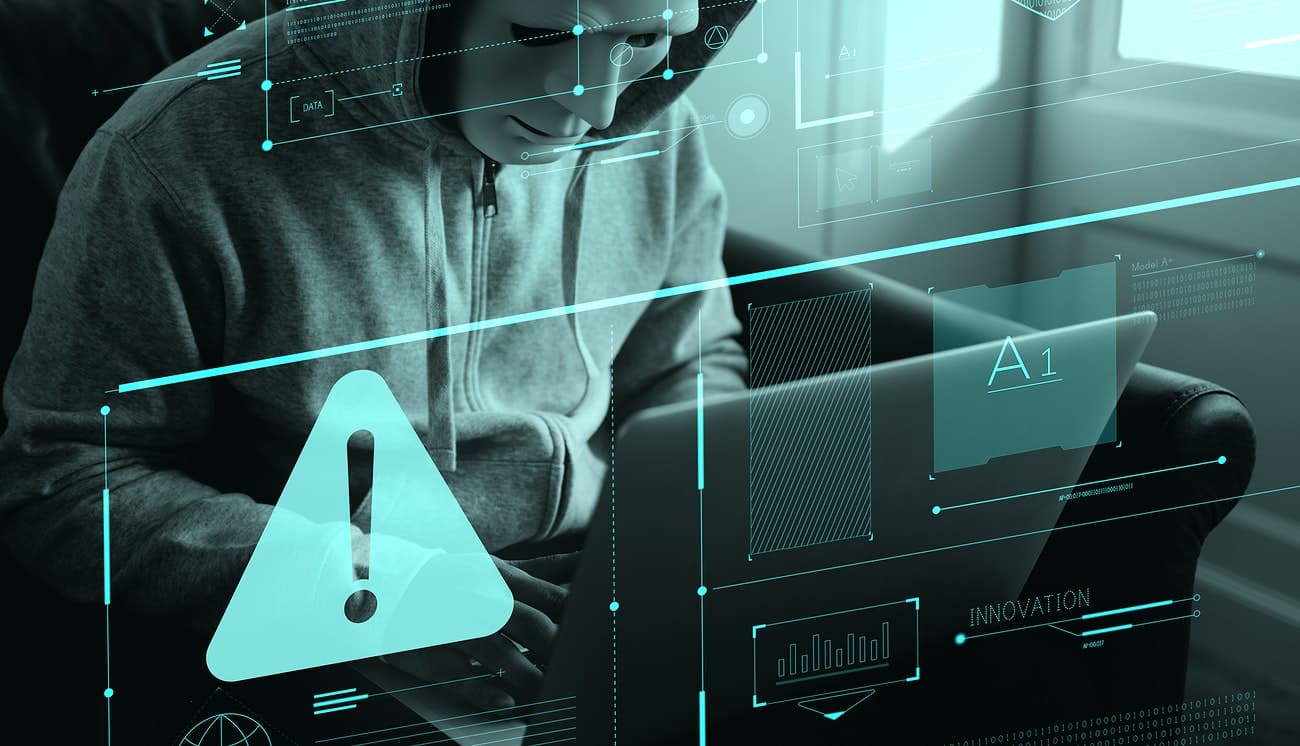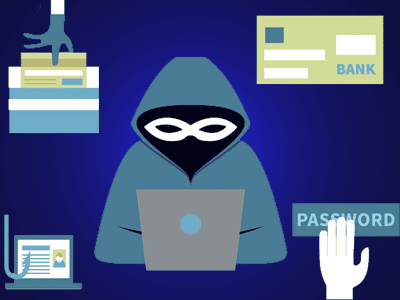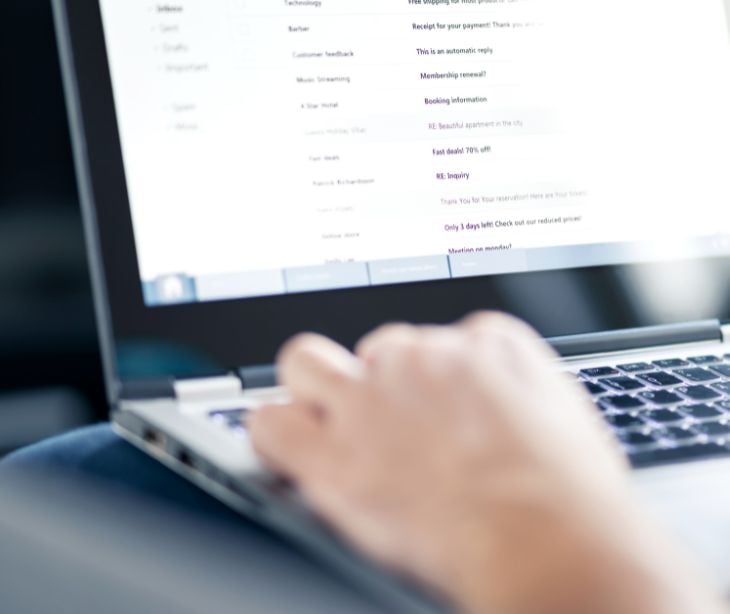
How spyware works
Spyware is a version of malicious software (or malware ) that spies on your activities. Often it’s downloaded when you click on a link in a spam email or install a suspicious app. It gathers information and reports it to third parties. Once installed, spyware can serve to simply monitor the websites you visit and deliver ads based on the sites that you’ve been to. But it can also be more complex, tracking every keystroke or looking for account numbers. A study from Cornell Tech, Cornell University and New York University even found spyware in the app store that could be used to track a person’s location, monitor texts, and even record video.HIPAA and spyware
If you store PHI, spyware goes beyond affecting you and your employees. Spyware can leak your patients’ medical information, which puts you at risk of a HIPAA violation . Most HIPAA security breaches are related to hacking incidents, and a security breach can mean harsh penalties for your healthcare practice.
SEE ALSO: HIPAA Breach Report for December 2020
While you can’t eliminate the possibility of an employee clicking on a malicious link in an email, there are things you can do to protect yourself. It’s important to be able to both prevent spyware and show that you’re taking every measure possible to reduce your risk.
Preventing and detecting spyware
So how do you keep spyware from infecting a device on your network? The first step should be to discuss spyware and other email threats with your employees. Ask them to resist clicking on links in emails and avoid downloading any files from unknown senders.
SEE ALSO: Are Email Warning Tags Effective?
For best results, draft a security policy and have each employee sign it. This will give you extra documentation if there’s ever an incident.
SEE ALSO: How to Ensure Your Employees Aren’t a Threat to HIPAA Compliance
In addition to taking measures to prevent spyware, you can reduce the damage it can do if it does get into your system. Firewalls can help detect and mitigate the damage malware can cause to your network. Enabling HIPAA compliant email with inbound security, such as Paubox Email Suite Plus , can also help. Paubox Email Suite Plus is a convenient way to protect the data in both your inbound and outbound emails. With no change in user behavior, each email you send is encrypted. It integrates with your existing email client, whether it’s Google Workspace , Microsoft 365 , or Microsoft Exchange , encrypting all emails by default. Recipients read the emails directly in their inboxes without having to go to a separate portal or enter a password. In addition, Paubox Email Suite Plus has robust inbound security tools to stop email threats, such as spyware, phishing emails , spam, viruses , and malware. Our patented ExecProtect feature stops display name spoofing emails from entering your employees’ inboxes in the first place.
Subscribe to Paubox Weekly
Every Friday we'll bring you the most important news from Paubox. Our aim is to make you smarter, faster.





